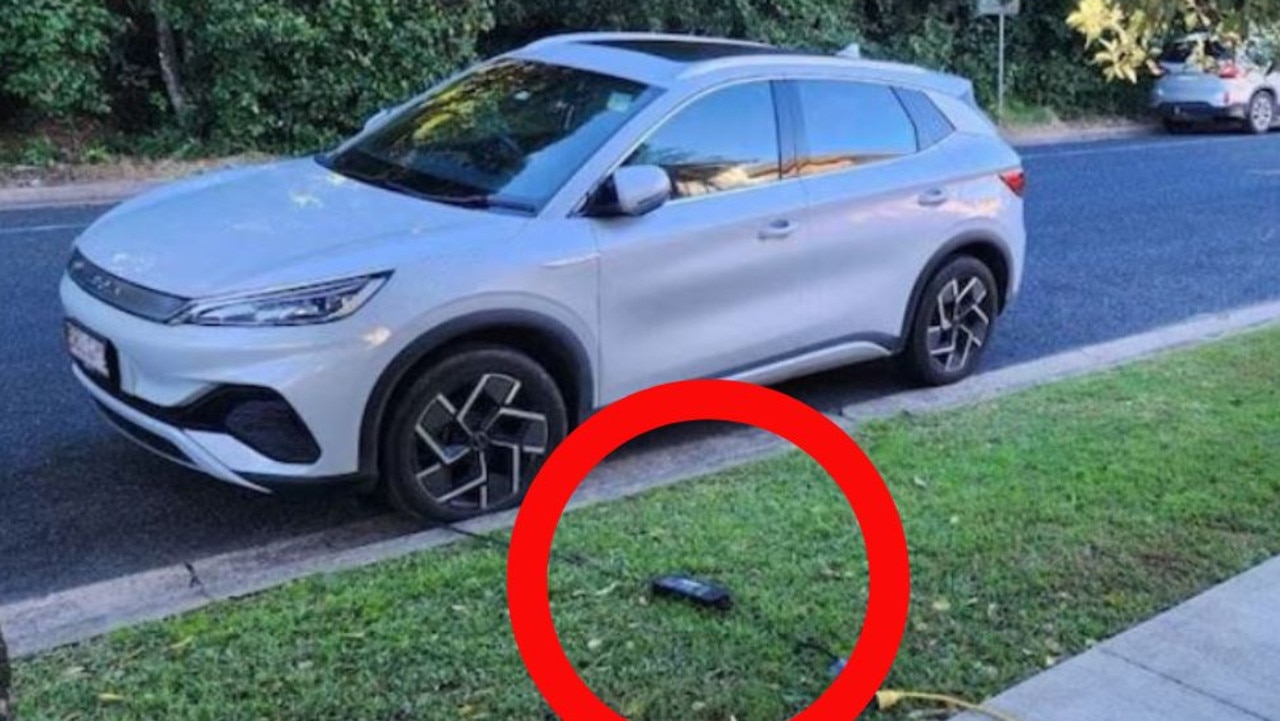China executes $347 billion plot to control world’s electric vehicle market
As China’s assault on the global car market intensifies, the extent of Beijing’s secret plot to crush its western rivals can be revealed – and it’s not cheap.
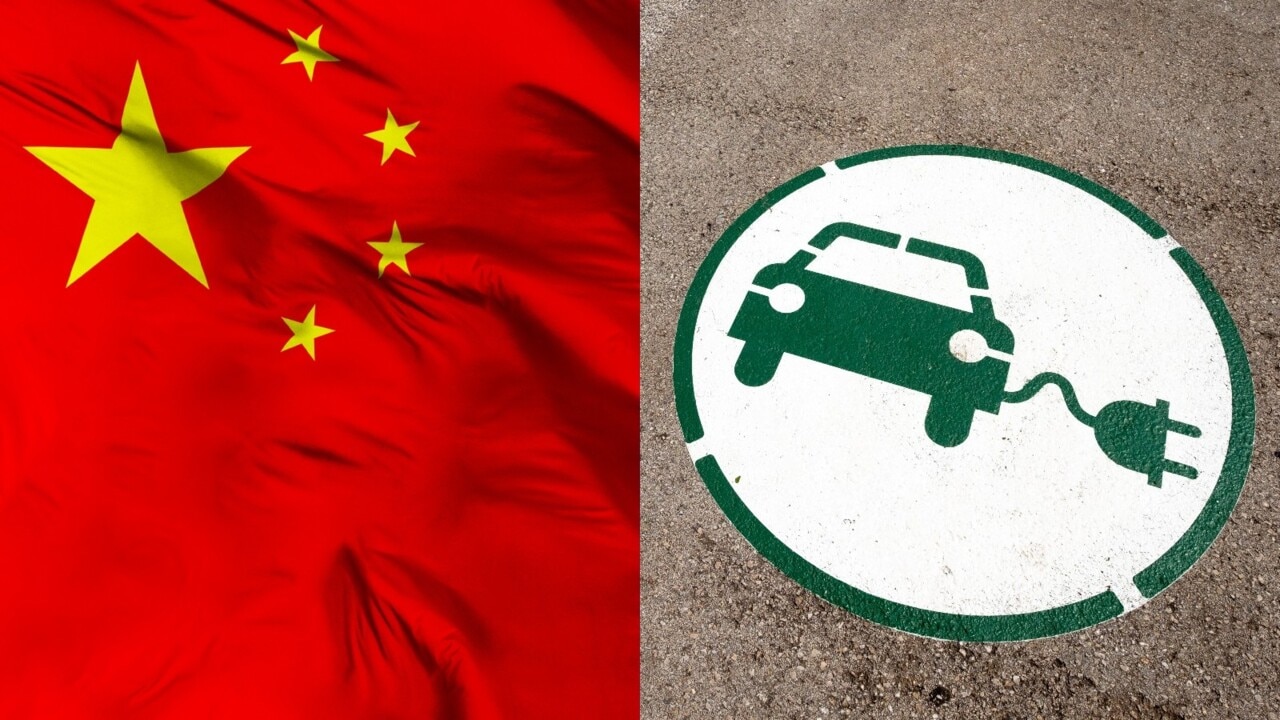
Motoring News
Don't miss out on the headlines from Motoring News. Followed categories will be added to My News.
China has been accused of “cheating” in the race to control the world’s electric vehicle market, spending a staggering amount of money in order to crush its rivals.
Dozens of Chinese brands and countless models have been developed with the help of US$231 billion (AU$347 billion) of subsidies from the Communist Party over the past 15 years.
That extraordinary generosity has sparked an innovation and manufacturing boom in the country, while also allowing companies to oversupply international export markets.
By saturating Europe, the United States and the United Kingdom with stock, Chinese brands are able to significantly undercut Western rivals on price.
“They’re flooding the market,” US President Joe Biden said in May. “It’s not competing – it’s cheating.”
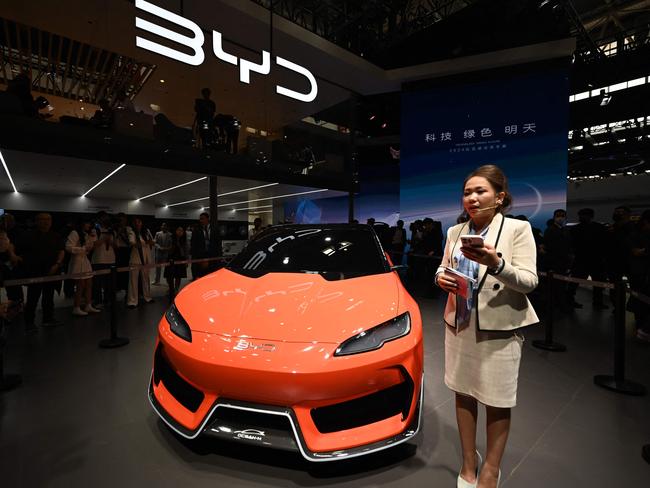
The White House even went as far to imply that deals done between Beijing and Western companies to trade in China forces them to “share information” about technology that is then stolen.
Scott Kennedy, a China analyst at the Centre for Strategic and International Studies (CSIS) in the US, conducted the research on just how much Beijing has spent to win the EV race.
But he cautioned that the huge sum is “highly conservative” and likely to be even bigger.
That mammoth cash splash has paid off and sparked an EV “war” that only looks set to “get even hotter in the coming months”, Mr Kennedy wrote in analysis for the CSIS.
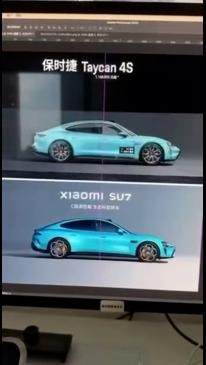
In the December quarter, BYD outsold Tesla globally, sending shockwaves through the broader automotive market.
“Before most people could realise the extent of what was happening, China became a world leader in making and buying EVs,” MIT Technology Review reporter Zeyi Yang explained.
The Chinese Communist Party has “long played an important role” by “propping up both the supply of EVs and the demand for them”.
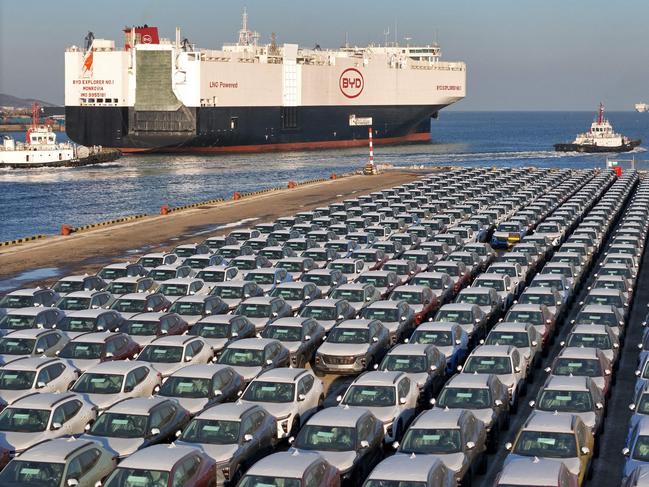
“As a result of generous government subsidies, tax breaks, procurement contracts, and other policy incentives, a slew of homegrown EV brands have emerged and continued to optimise new technologies so they can meet the real-life needs of Chinese consumers.”
Beijing’s global assault
At the start of the new millennium, the Chinese Government devised an elaborate plan for global domination of the automotive sector.
While its domestic auto industry was thriving, export demand was virtually non-existent and competing with major players from Europe, the United States and the rest of Asia was impossible.
In a high-risk move, Beijing quietly turned its attention and money to electric vehicles in 2001, establishing ambitious research endeavours.
The government pumped billions of dollars into the development of technologies, manufacturing capacity and brand development.
In a little more than two decades, Beijing’s plot has been all but realised.
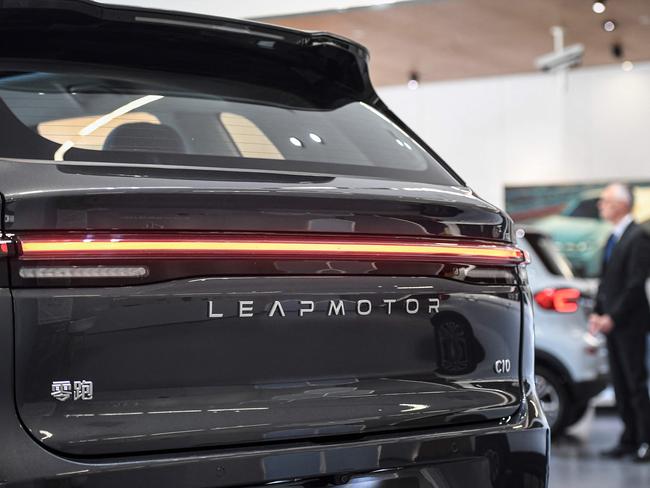
In 2023, an estimated 13.6 million EVs, including hybrids, were sold globally. That marked a 30 per cent increase on the previous year.
China’s domestic market grew by about a third, with 7.9 million EVs sold within the country. That figure is tipped to hit 10 million in 2024.
American giant Tesla sold 1.8 million cars worldwide, with BYD selling 1.6 million purely battery vehicles.
Industry in panic
Last September, the auto world was abuzz when a staggering 50 car companies from China descended on the prominent IAA Mobility conference in Germany.
On show were futuristic but affordable EV models from BYD, which is tussling with Tesla to be the world’s biggest electric vehicle seller, as well as rising star Xpeng.
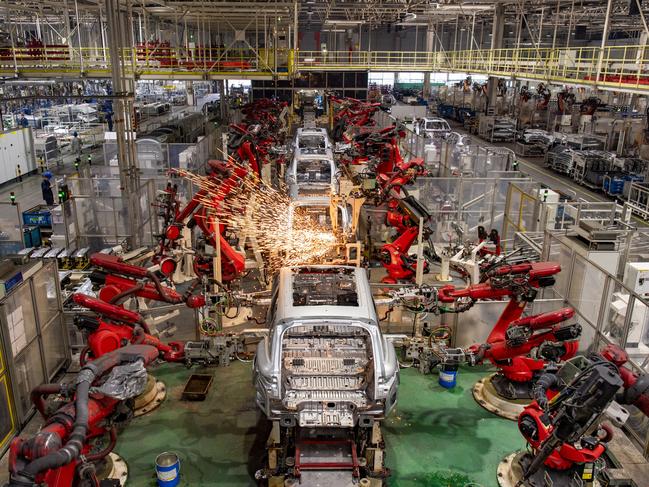
As the auto show prepared to kick off, the boss of French giant Renault commented on the dominance of Chinese brands.
“It’s clear they are very competitive in the electric car value chain,” Renault CEO Luca de Meo said in an interview on French radio.
“I think they are a generation ahead of us. We need to catch up very, very quickly.”
The West fights back
In May, US President Joe Biden announced a quadrupling of taxes imposed on the import of electric vehicles manufactured in China to 100 per cent.
“With extensive subsidies and non-market practices leading to substantial risks of overcapacity, China’s exports of EVs grew by 70 per cent from 2022 to 2023,” the White House said.
“A 100 per cent tariff rate on EVs will protect American manufacturers from China’s unfair trade practices.”
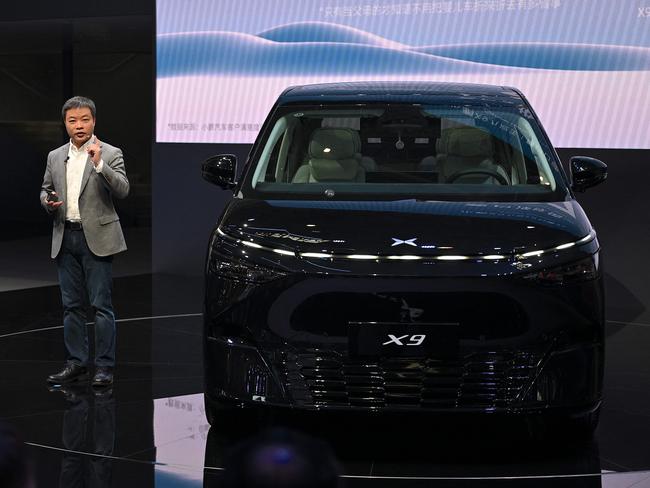
Shortly after, the European Union announced tariffs of up to 48 per cent, depending on the brand.
In a statement, the EU said a probe of Beijing’s practices found “the entire [battery electric vehicle] value chain benefits heavily from unfair subsidies”.
“The influx of subsidised Chinese imports at artificially low prices therefore presents a threat of clearly foreseeable and imminent injury to EU industry,” it added.
Canada is now reportedly prepared to follow suit, after China flooded the country with EVs last year, pummelling the country’s car manufacturers.
In 2023, the value of Chinese exports to Canada hit an eye-watering C$2.2 billion (AU$2.4 billion), up from just C$100 (AU$109 million) the year before.

A similar approach is unlikely in Australia, with the Commonwealth encouraging more competition and supply in the market to boost the take-up of EVs.
Australia’s doors wide open
An approach similar to that of the US and EU is unlikely in Australia.
Prime Minister Anthony Albanese’s commitments on climate change and emissions reductions rely on a rapid take-up of EVs by Aussies.
Two of the three major barriers to adoption are high costs and limited choice – the third is the country’s limited public charging infrastructure.
Swinburne University professor of future urban mobility Hussein Dia said China’s dominance of the Australian EV market is “a good thing for consumers and the planet”.
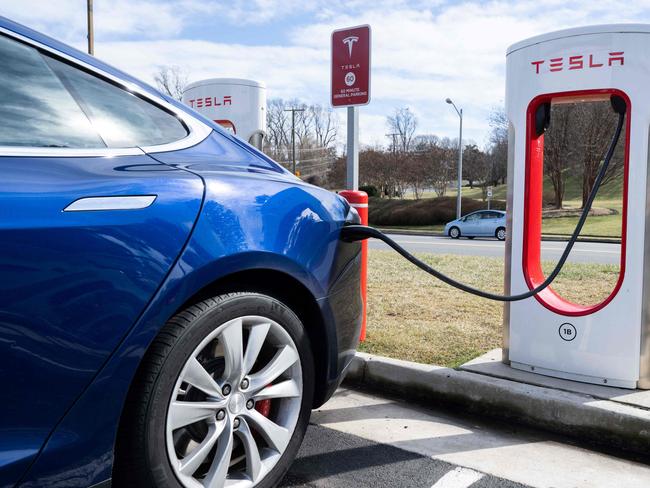
An influx of brands backed by Beijing will also address those price and choice roadblocks, Professor Dia told news.com.au.
“Cheaper EVs are good news for consumers in Australia, particularly in the small to medium car market segment where the available EV choices are still limited.
“Providing these options to consumers means improving our chances to achieve the mandated emissions reductions targets, and consumers also benefit as result of reduced running costs because EVs are cheaper to run.”
The West ‘dilly dallied’
China has hit back at the hefty tariffs imposed on its EV exports, insisting its rapidly rising dominance is purely a result of market forces.
Mr Kennedy said Beijing has a valid point.
“China’s trading partners argue that these tensions are the result of Chinese industrial policy and unfair trade practices,” he said.
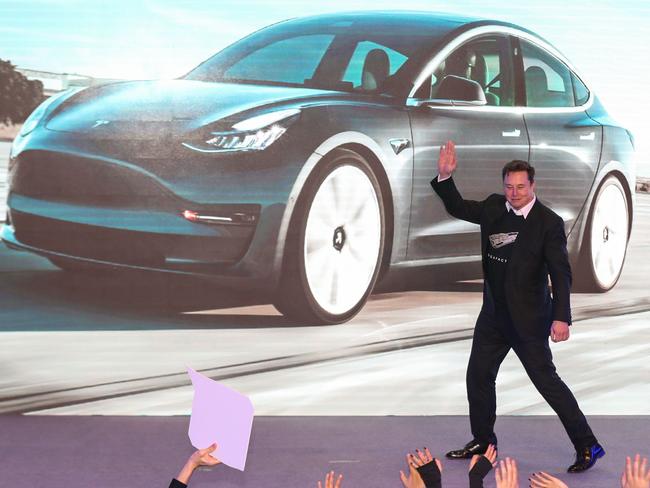
“China argues that its growing exports reflect the country’s natural comparative advantage and the high quality of its companies’ products. The reality – and what makes this a difficult challenge – is that there is some truth in both perspectives.
“Chinese EVs have benefited from massive industrial policy support, and their quality is improving, making them attractive to domestic and overseas consumers.”
The West must take both facts into account to ensure the response is fair, he said.
It must also accept some of the blame for non-Chinese players falling behind in the global EV race.
“There are some exceptions, but in general Western automakers and governments have dilly dallied and not been aggressive enough,” he said.
Originally published as China executes $347 billion plot to control world’s electric vehicle market





